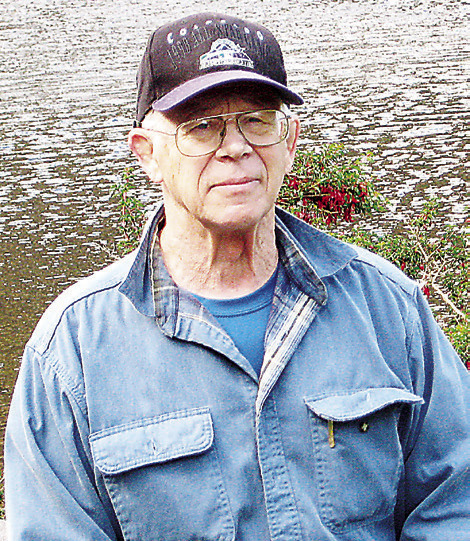It seems when the media takes on a topic it starts to appear in magazines, newspapers and all over the internet. The topic I have seen most over the past month is the need for sleep. An article in the May – June issue of Nutrition Health Review states that newborns need 16 – 18 hours of sleep. I think there are a lot of new mothers that wish that was true for her new baby. Preschool children need 11 – 12 hours of sleep and school aged children and teenagers need at least 10 hours of sleep. As an adult the recommendation is 7 – 9 hours of sleep. The lack of sleep has many negative effects on the body. Poorer job performance, lack of concentration in school, susceptibility to colds and flu, and even an increase of the chances of obesity.
I started to think back to my athletic days and the amount of sleep before a big contest or race and remembered how difficult it was to put extra effort into trying to go to sleep, so I would be fresh for the contest. It seemed the hardest part was trying too hard to go to sleep and not think of the event you were in tomorrow. There are some athletes that can fall asleep at a moment’s notice and wake up refreshed and ready to go. Others toss and turn all night and wake up still half-awake trying to get some energy from a cup of coffee in the morning. Some of the problems are the level of the event. Needing a fast time to qualify for a big marathon or being a support for the team can cause anxiety and that restless sleep. Getting up at a much earlier time to drive a few hours to a race and hoping the alarm will be enough to get you to wake up is enough to keep you awake. The hardest part I remember was shutting the alarm off and thinking I could get another 10 minutes of sleep before I got up. I learned that it really helps to have a two alarm setting on that clock, so when that extra 10 minutes are up that second alarm makes sure you put your feet on the floor.
I remember from personal experience and talking with other runners that were training for a marathon and didn’t put in the necessary rest days as you got closer to the race day that about one week before the race you came down with a cold. The combination of training too hard and not getting extra sleep was a recipe for some form of illness. Training for a marathon and doing 20 mile runs requires more than the recommended 8 hours of sleep. Hard training and long runs recommend going back to your teenage years and a minimum of 10 hours of sleep. In some cases this means going to bed at an earlier hour than normal. This takes practice as trying to sleep when your body is accustomed to staying awake for another two hours usually means the first few tries are lying in bed with your eyes wide open trying to go to sleep.
The fact that sleep seems to be the topic of the month most outlets featuring the importance of sleep also lists practices to fall asleep. Some of the recommendations are not drinking coffee (caffeine) or alcohol several hours before bedtime. That glass of beer or wine to help relax you for sleep prevents a deep sleep during the night. I use a glass of milk, and that seems to work out okay if I am thirsty.
If you want to exercise, do it during the day and not near that bedtime hour. The one recommendation I like is to take a warm bath or shower before you go to bed. A good habit to try is to read a book or listen to music – not necessarily a fast rock and roll or jazz concert – but music that is easy to listen to. The practice of reading instead of watching television is often a difficult habit to break. It seems there is this part of sleep that is affected by the ‘blue light’ of television or night lights and has an effect on the melatonin production in the body and keeps you awake. Some people are strong advocates of types of sound – green, brown, and waves – to help them fall asleep. The main purpose is to hear a sound that is just a sound and not a song or irritating noise and helps the person to “shutting down the brain and all the talking going on in their head.” People that have a big conference lecture to give the next day and go over the presentation a dozen times will find this technique useful. For me, the confidence of my training and knowing that I am prepared lets me sleep soundly. Of course there are always the pills and drugs that are recommended. Some are helpful, but I still question the side effects that often come from taking an advertised pill the person saw in a magazine or on television.

Moe Johnson Running with Moe










